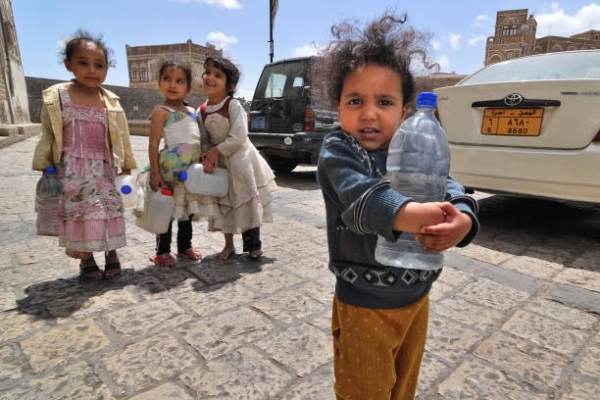Yemen is facing a humanitarian crisis due to years of fighting that has exacerbated the country's situation of poverty and insecurity. Civilians suffer the burden of the crisis, with 22.2 million Yemenis now in need of humanitarian assistance, but among those who have suffered the most since the outbreak of conflict in 2015 are the Muhamasheen (marginalized), a Yemeni underclass that has experienced centuries of discrimination, exploitation and poverty.
The Muhamasheen are commonly referred to in Yemen as Akhdam (servants) and have historically experienced social discrimination against them in terms of their access to education, healthcare, housing, and job opportunities. Since 2015, the situation has worsened for many Muhamasheen families who, in addition to discrimination and poverty, now struggle to afford food because they have few alternatives to menial, low-paid jobs. In addition, lack of identity documents or exclusion from any affiliation leads many people to be ineligible for food distributions and other forms of humanitarian aid.
After six years of conflict, nearly four million Yemenis - the vast majority of whom are women and children - have been forced to flee in search of safety. In response to this emergency, the United Nations Refugee Agency (UNHCR) is providing assistance and supplies to refugees and displaced persons. It is also monitoring the needs of displaced families, including the Muhamaseen, to identify the most vulnerable and to ensure their access to humanitarian aid.
To learn more, please read:
https://www.unhcr.org/yemen-emergency.html
https://sanaacenter.org/publications/analysis/7490
Author: Carla Pintor; Editor: Timo Knaebe







